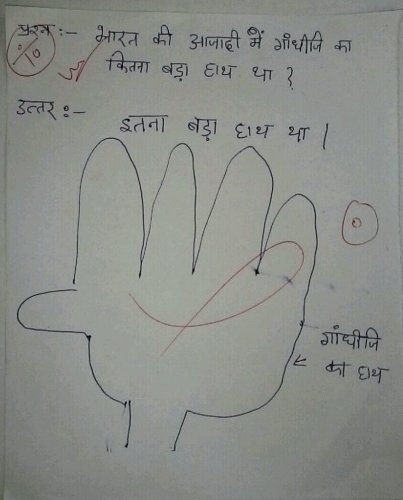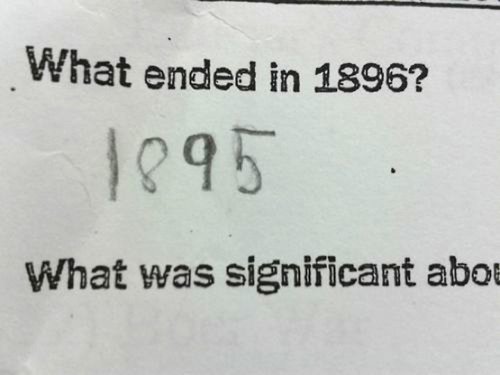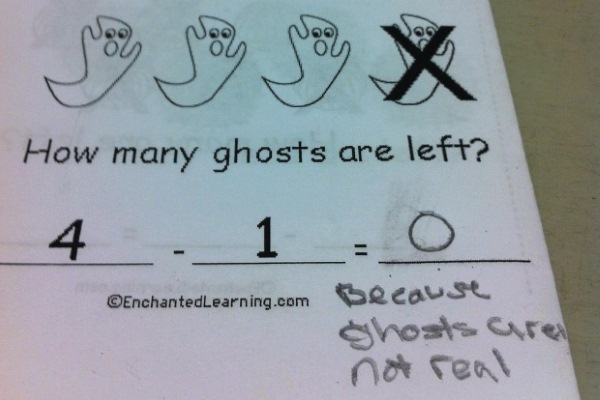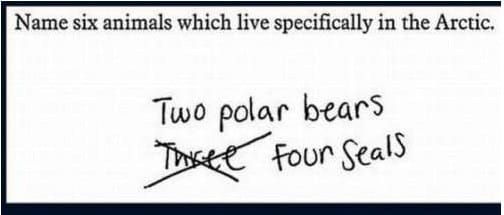This article is about unintended consequences of public education as it is provided in schools mostly in the context of developing and underdeveloped countries. Some of the problems might be also relevant to developed countries. In the following, I discuss two known yet unsolved problems concerning our school education systems, namely:
- How schools kill and cremate creative thinking in children.
- How school education often burdens young minds.
School Education: Fosters Creativity Or Produces Commodity?
Children have various inherent talents. How prepared are our schools in identifying, building, and nourishing creative talents of children? Unfortunately, our experience proves that our intelligence is in spite of our schooling and not because of our schooling. We can also see this in the development of a child. Children have natural ability to observe, absorb, and imitate what they experience. They then apply their limited tools to build new possibilities that are crazy, highly imaginative, and creative. When we put these young children in schools, the teachers train them to learn many things (most of which are out of context of the everyday experience of children) and expect them to answer questions that have predefined standard responses. The problem in such questions is that we hardly test our assumptions and we most often take our assumptions for granted. It is because we have been taught like that by our teachers who are in turn taught by their teachers in the same manner, and so on.
Recently, I came across a few interesting examples taken from school exam papers where students are asked certain typical questions and punished if they come up with creative answers other than usual expected ones. Though the answers in the examples are incorrect using the yardstick of “expected” response, I find the answers equally correct using yet another yardstick “creative” response. In business environments, however, we encourage and reward “out-of-the-box” thinking, but in schools and universities we are normally punished for our creative thinking if it is out of the norm. Such punishments received at an young age not only kills creativity, it even slowly cremates it so they become risk-averse and standard commodities of the school system. How unfair is that? The following 4 examples illustrate the case in point.
Example 1:
The question was actually in Hindi (one of the Indian languages) and the literal English translation is: How big was the hand of Gandhi in the Indian independence? The teacher intended to ask how big was Gandhi’s role in Indian independence. However, as you can see below, the student actually replied literally to the question by saying, “it was this big of a hand.” There is even an arrow marking the figure saying, “Gandhi’s hand!”
Example 2:
What ended in 1986? Looking at the answer below, I realize how stupid actually the question was and at the same time how simple and clever the answer was.
Example 3:
How many ghosts are left? I find this response from a 7 year-old indeed incredible! I tend to believe, that the child actually knows the correct answer to the math problem, however, (s)he gave an answer based on the context of the question with an explanation. It is the curse of our context-free school education!
Example 4:
Name 6 animals? I don’t know if this response was actually from a child. If it was, then I think it is a great example for out-of-the-box thinking!
I am not arguing here that we should allow for all kind of crazy answers in the name of creativity. These answers, however, prove some points. I am convinced that these talented young minds when trained properly will reach great heights. They are our future hopes who can creatively solve many wicked business and social problems in our society. We need ways to foster such talents, to channel their creativity, and to nourish them instead of punishing and forcing them to converge to certain standards. These kids, I believe, are the round pegs who are forced into the square holes of our schooling systems. Sadly, our current educational systems do not recognize their talents and reward them!
School Education: Empowers Or Burdens Our Young Minds?
It is rather easy and tempting to argue that education empowers individuals. To empower, education must provide answers to three fundamental questions to any given situation, namely,
- What is needed?
- Why it is needed?
- How to attain it?
Of course our school education provides us with some standard answers to these basic questions. But I find the answers our schools provide rather constrain than empower us in handling our day-to-day challenges. Let me explain!
Our answers force us to think in a certain way and do not naturally enable us to break out of the routine linear thinking process. Education, if it really empowers, should enable us to identify and critically evaluate our own set of options or solutions for a given situation. These solutions we identify might not comply to the standard solutions provided by our schools. The more we become free to identify and critically evaluate solutions for ourselves without blindly following some predefined processes, the more we can be convinced that our education truly empower us. If this is not the case, it is only a burden which we normally have to struggle to overcome in facing real-life situations.
One of the deadly blunders our schools commit is dumping information and data and asking students to memorize and reproduce. Context-free education is the culture we unconsciously promote in our schools. When I say “context-free” what I mean is that most of what we teach is out of the reach of students’ everyday experience. We burden our young minds with information and data in the hope that it will serve as a body of knowledge. Information and data out of context can not be fully understood. While such data and information only add to the confusion and burden, they do not transform into useful knowledge. That implies they are often useless and, sometimes, even dangerous.
The above arguments lead us to some further questions. How can we design school education that truly transforms and builds a complete individual. How to develop curriculum that can be applied to the everyday experience of students? We can answer such questions favorably, if and only if, fundamental changes in school education are made possible in all three domains of education – curriculum development, teaching methodology, and evaluation. For building a strong curriculum, we shall do more justice if we reduce the quantity of subjects we teach in schools every year and improve the quality of curriculum we teach. Improvements in teaching methodologies, however, are more difficult to achieve because teachers themselves are ill-prepared to handle such challenges. We need good training institutions which will develop teachers’ skills to handle new methods of teaching and evaluation.
True education, as it is described in Vedanta – tad dvitiyam janma – is like a second birth for an individual. It enables them to use their creativity, empowers them with knowledge, and creates new dimensions and possibilities which are otherwise not possible. If we want to prepare our next generations to face various future challenges, creatively and compassionately, then we need to urgently address these problems in our public education systems.
*** Tejasvi nāvadhī tamastu ***
What are your views on our education system? Do share it with me in the comments below.





